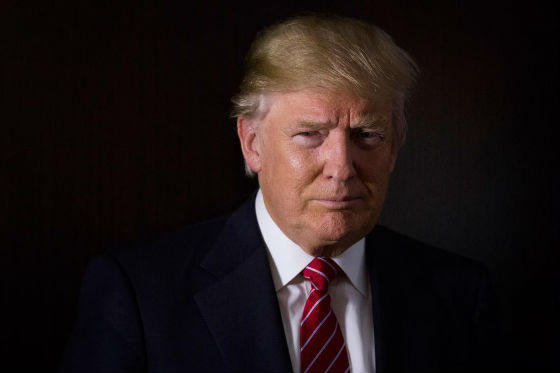Baku, Azerbaijan, Nov.18
By Leman Zeynalova – Trend:
The election of Donald Trump as the US president is the clearest expression so far of the growing anti-globalization sentiment across advanced economies, according to the analysts of the UK Capital Economics consulting company.
Trump’s victory has killed off hopes of further trade liberalization and it may herald a new era of protectionism, said the analysis obtained by Trend.
The analysts suppose that even if Trump alone does not push the world into a sustained period of de-globalization, there is a clear risk that other governments follow a similar direction, in which case the cumulative effect on global trade would be a lot larger.
“The clearest implication of Trump’s victory is that any lingering hopes for further trade liberalization involving the US have now been well and truly extinguished. The near-certain failure of the Trans-Pacific Partnership (TPP) will have significant implications for some economies, notably Japan,” the analysts believe.
Capital Economics said that the TPP was a key plank of the Japanese government’s strategy to raise productivity growth.
“Japan will now lose out on the potential gains from opening up more of its domestic economy to foreign competition,” said the analysis.
“Meanwhile, the proposed Trans-Atlantic Trade and Investment Partnership (TTIP) between the US and EU appeared to be a hopeless case even before the US election. Trump’s victory has simply put the final nail in the TTIP’s coffin,” Capital Economics experts believe.
“We suspect that Donald Trump will begin by using the threat of large tariffs and withdrawal from NAFTA (North American Free Trade Agreement) as a bargaining chip in attempts to negotiate better trade deals for the US,” said the analysts. “In addition, he may impose a number of targeted restrictions on trade to demonstrate he is being “tough”, while preserving the free flow of goods on which US business depends.”
In all, the global system of liberal trade that has prevailed over recent decades and survived the great recession, is now at risk of being reversed, according to Capital Economics.
However, the analysts do not expect this process to begin in the next year or two.






